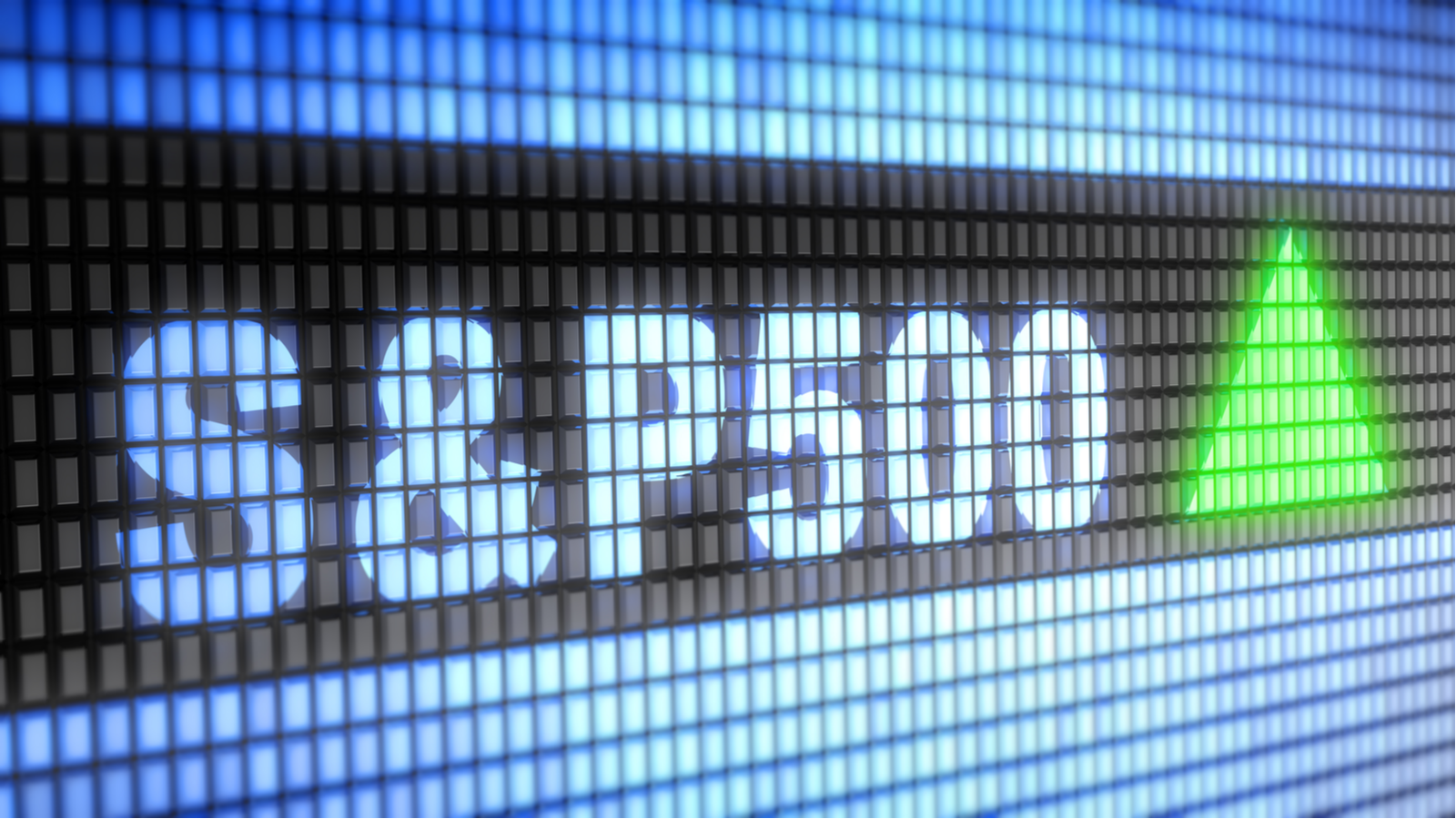Read for 5 minutes (Reuters) – WASHINGTON (Reuters) – On Wednesday, US Federal Reserve Chair Jerome Powell will begin two days of questioning by US lawmakers as the country grapples with higher-than-expected inflation and a new surge in coronavirus infections, a mix that might push the Fed’s outlook in opposite directions. PHOTO FROM THE FILE: Following the Federal Open Market Committee meeting on December 11, 2019, Federal Reserve Chair Jerome Powell holds a press conference in Washington, D.C. REUTERS/File Photo/Joshua Roberts Powell will have to resolve a conflict that has formed just in the four weeks since the Federal Open Market Committee met in June, in opening remarks and in response to questioning from lawmakers, in hearings that begin at noon before the House Financial Services committee. Whether it’s the spread of the coronavirus Delta variant or inflation, the greater risk to the economy and the Fed’s response is the spread of the coronavirus Delta variant. At the Fed’s June meeting, officials took the first steps toward post-pandemic policy, with some officials planning to tighten financial conditions sooner rather than later to keep inflation under control. If fresh coronavirus concerns emerge, the Fed may be pushed to the contrary, leaving support for the recovery in place longer in case family and business spending dwindles as a result of new illnesses. Investors are concerned about sluggish U.S. growth, as evidenced by falling Treasury bond yields, despite new price data released this week showing consumers are paying significantly more for goods and services ranging from appliances to fabric, meat, and rent. Yields and long-term inflation expectations are both declining, as shown in the graph. Powell’s take on inflation is sure to be a hot topic among House members on Wednesday and Senate Banking Committee members on Thursday, as they all face constituent complaints about rising expenses. “Supply and demand should become better balanced, and inflation is widely projected to trend down,” the Fed wrote in a report to Congress last week as the “exceptional circumstances” of the reopening fade away. However, each month that inflation remains high makes it more difficult for Powell and the Fed to maintain their conviction. Some observers believe the time has passed. Though the Fed wants inflation to stay above its 2% objective for a time to compensate for years of low prices, “there is a limit to their tolerance,” according to Ambrose Crofton, a global market strategist at J.P. Morgan Asset Management in London. “The Fed’s foot is no longer firmly on the accelerator, as evidenced by the frequent upside inflation shocks of recent months.” The “accelerator” consists of $120 billion in monthly bond purchases and a near-zero target short-term interest rate. Rates are projected to remain stable until at least 2023. When the bond purchases will be reduced has already been discussed. Recent events may make this more difficult. The Fed has stated that it will not halt its bond-buying until it has shown significant progress in restoring the approximately 7.5 million jobs that have been lost since the outbreak began in March 2020, a goal policymakers believe they will accomplish later this year. That, however, is contingent on continuing reopening, recovery in the tourism, leisure, and other “social” businesses ravaged by the health crisis, and willingness of the currently unemployed or homebound to fill the record number of job openings. Daily coronavirus infections were nearing a recent low when Powell last spoke about the economy at his post-meeting press conference on June 16, and the Fed omitted language from its policy statement that the pandemic “continues to weigh on the economy.” Since then, the Delta variety has increased the 7-day moving average of cases from 11,000 to back above 15,000, raising concerns among health experts about the disease’s spread in areas where vaccination rates are low. Globally, the numbers are more gloomy. If this trend continues, ISI Evercore Vice Chairman Krishna Guha believes the Fed will be saddled with “sickflation,” in which people stay out of the labor market in greater numbers than expected due to renewed virus spread, but inflation remains high due to supply chain problems, rising wages for those who are employed, and other issues. “We expect Powell to take a cautious tone,” he added, “reiterating that the Fed expects solid growth but emphasizing that the epidemic continues to drive the economy.” Howard Schneider contributed reporting, while Dan Burns and Andrea Ricci edited the piece./n
Read MoreHigher inflation, virus risks follow Fed’s Powell to Congress
2021-07-14T10:01:33-04:00July 14th, 2021|





